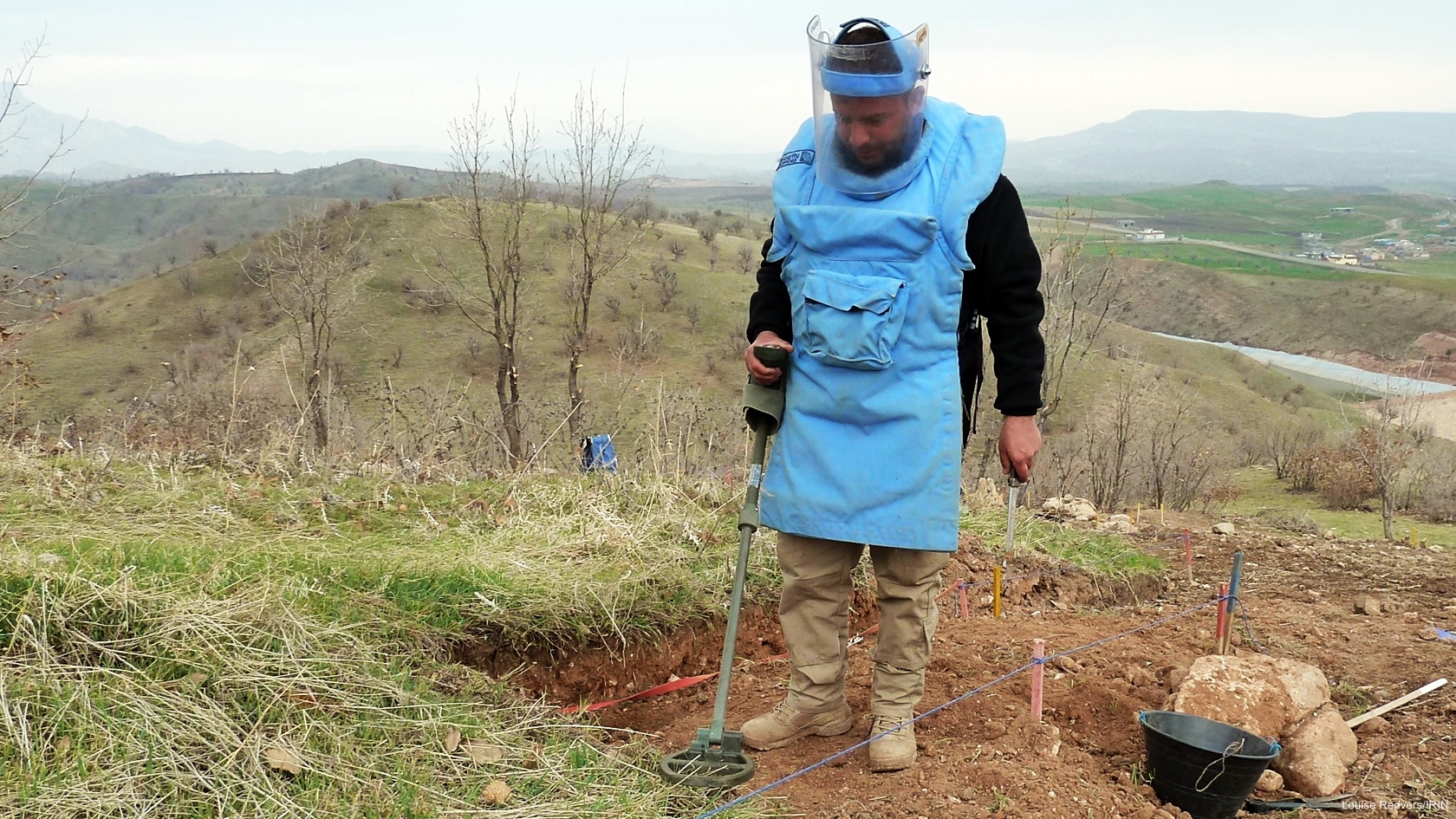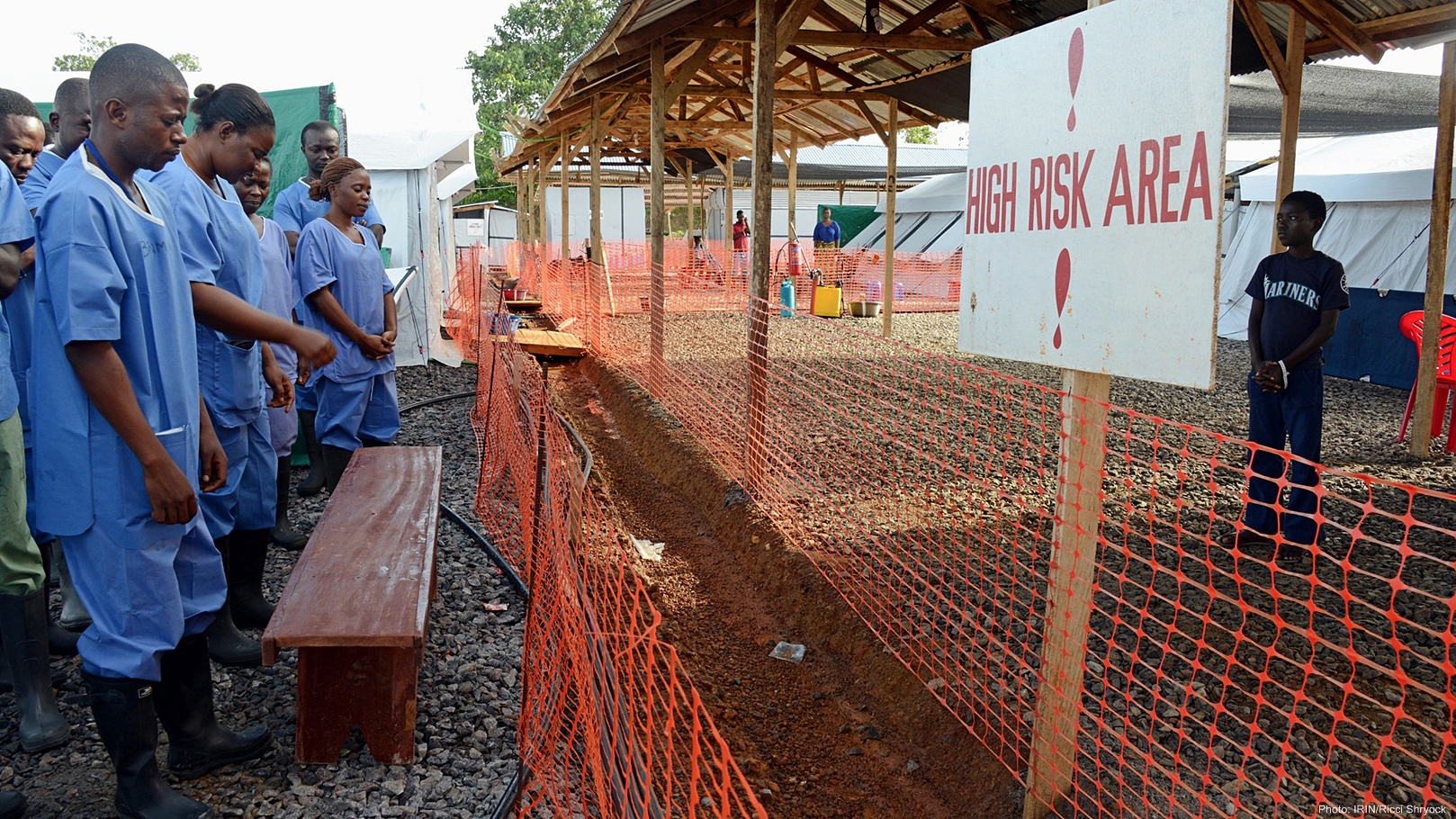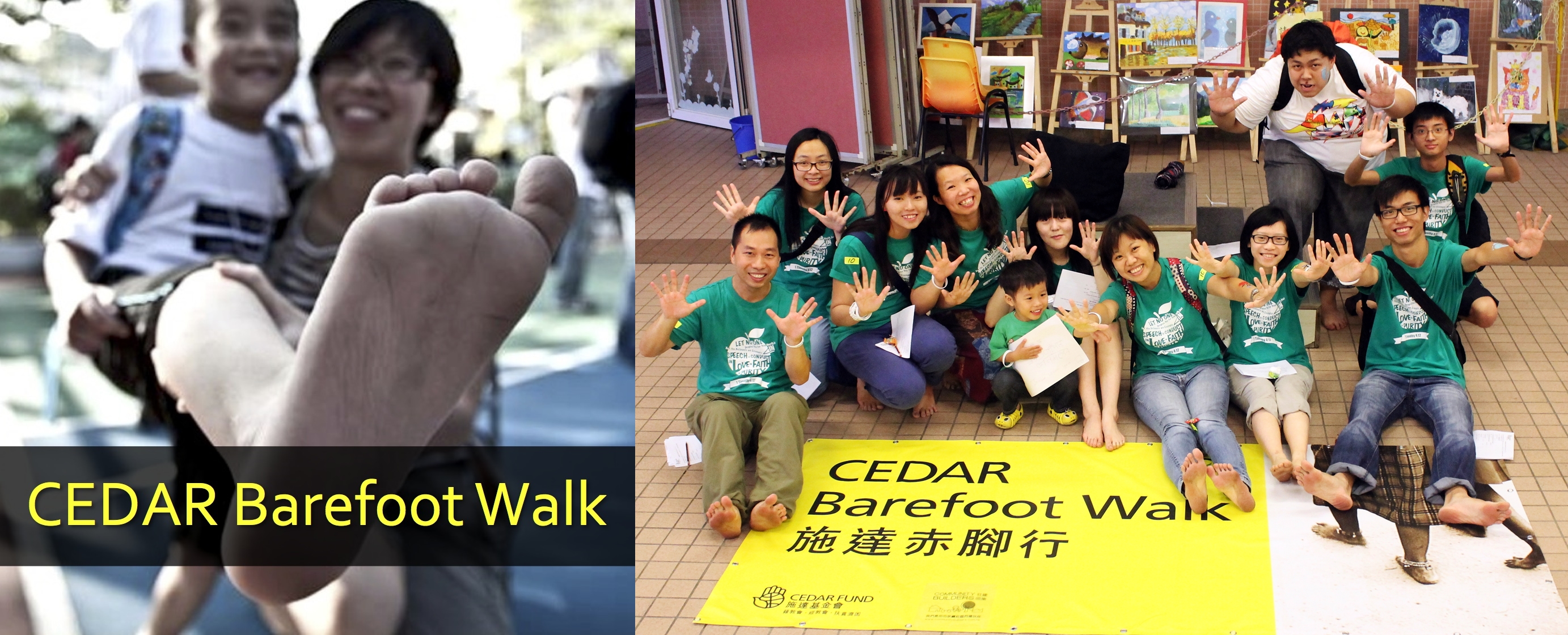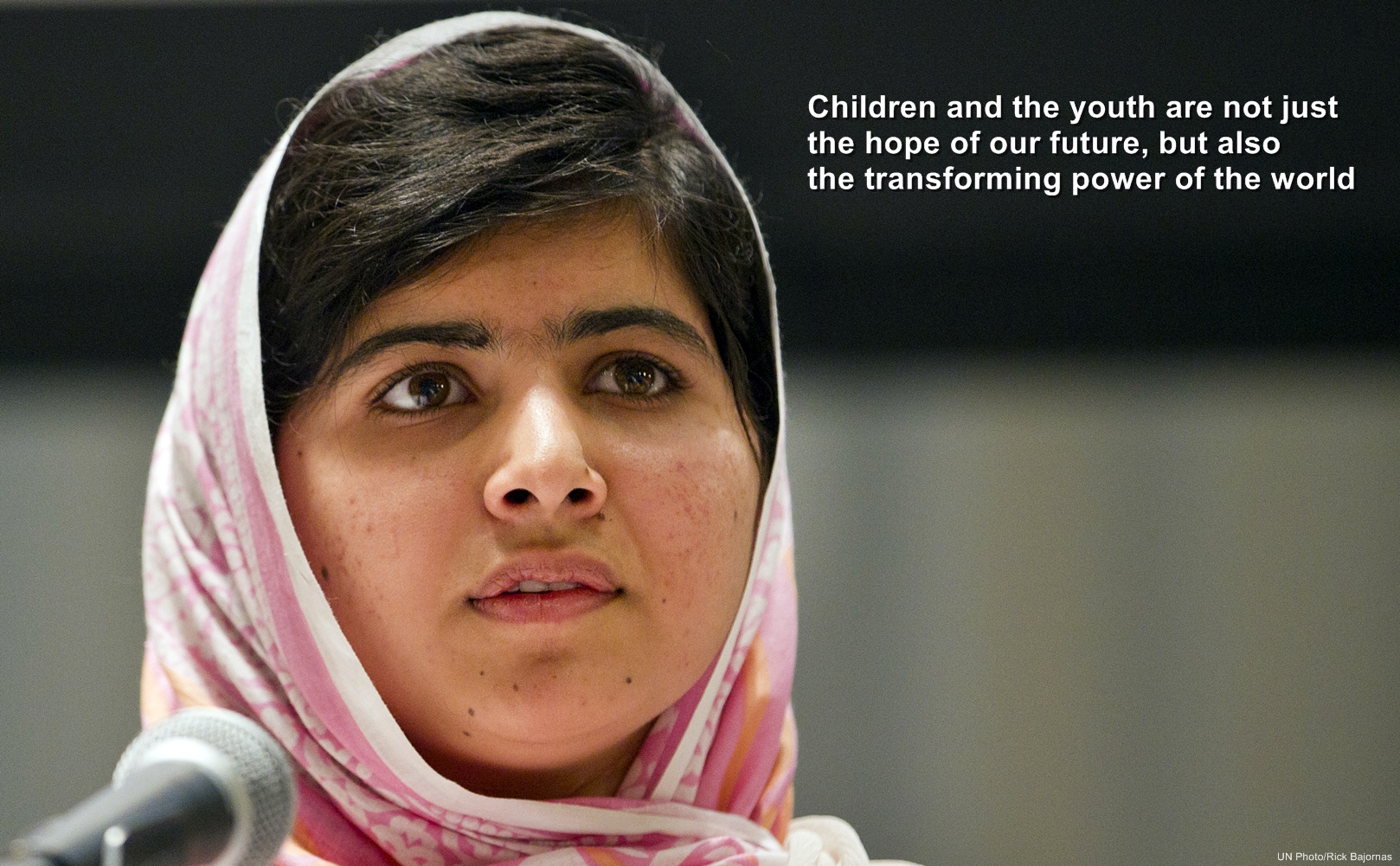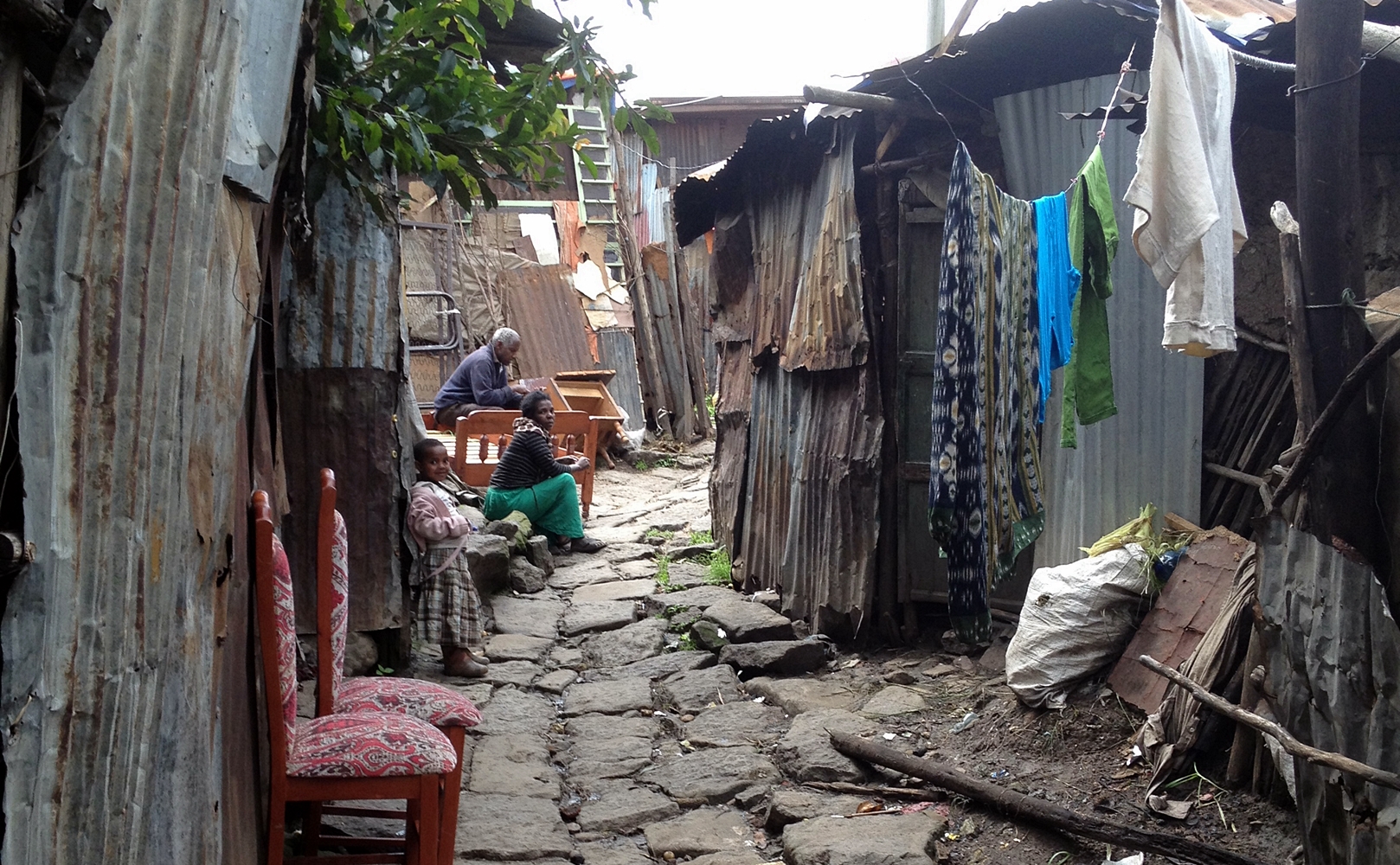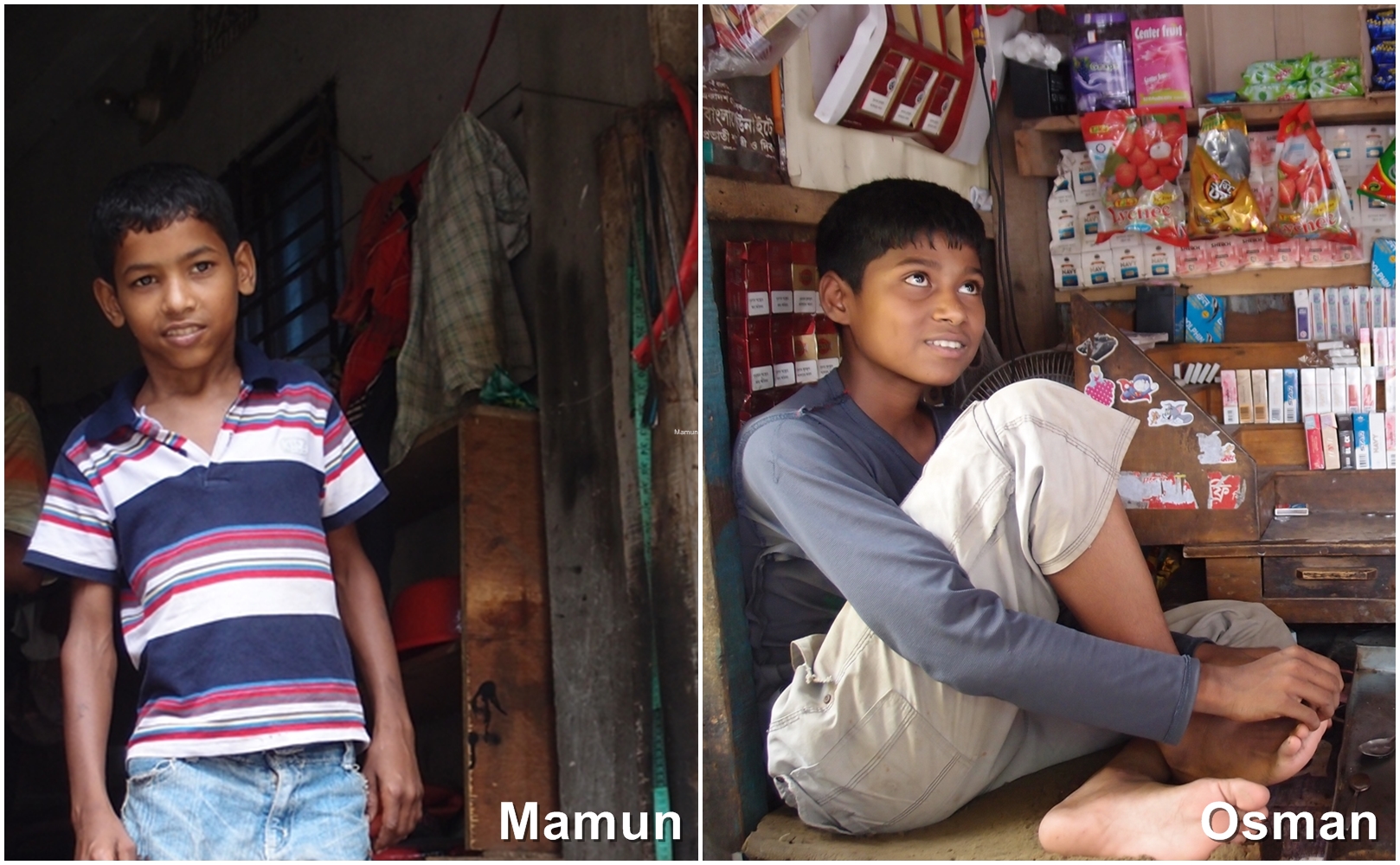IFRC health workers start the day praying with Ebola patients in the outside area in front of their tents (October 2014)
As we step into the 9th month of the most serious Ebola outbreak in history that first started at Guinea in March 2014, the epidemic has subsequently spread to Sierra Leone, Liberia, Nigeria and Senegal with one imported case from Liberia and associated locally acquired cases in healthcare workers in USA. The total number of reported cases has reached over ten thousand people and resulted in nearly 5,000 deaths, most of them coming from severely affected Guinea, Sierra Leone, and Liberia. The grave situation is believed to worsen in the coming months – it is estimated that there will be as many as 1.4 million cases by the end of January 2015 (if corrections for underreporting are made) unless robust interventions take place.
Continue reading Keep West Africa in Your Prayers
